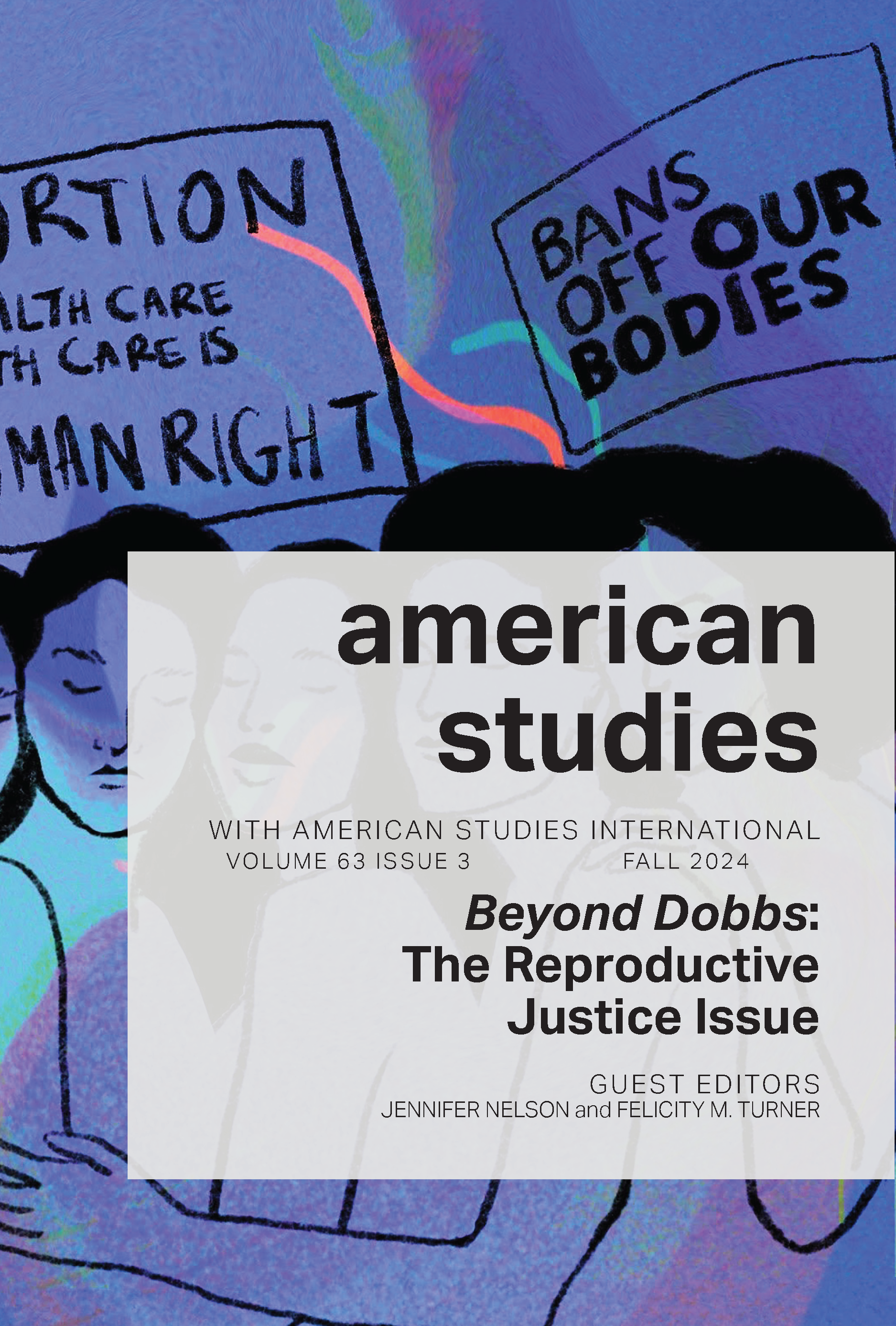Abstract
Can the American legal system embrace and promote reproductive justice? Only with deep changes in the values that drive constitutional analysis. Roe v. Wade was based on a privacy right that contained the seeds of its own destruction as a vehicle for reproductive justice. It protected the right to an abortion if you could get one on your own, but it provided little for poor women in particular and nothing to support a broader vision of reproductive justice. Feminist theory can provide an alternative set of values that resonate with the most important “road not taken” in constitutional law.
From Roe to Dobbs, the Supreme Court always treated abortion as a tragedy, a perhaps necessary evil—never a boon that freed a woman from an unwanted invasion of her body. The court’s refusal to incorporate women’s needs into constitutional law culminated in its insistence, in Dobbs, that the scope of protected liberty under the Fourteenth Amendment should be determined according to the beliefs of “eminent common-law authorities” like Matthew Hale, a seventeenth-century English judge who sentenced witches to be hanged and promoted the legal rule that raping your wife isn’t a crime.
Next time around, we need a positive right to abortion as part of a broader reproductive justice agenda. Legally, this means revisiting the Reconstruction Amendments to build a framework of positive rights for protecting dignity, equality, and relationships against invasion and domination.
All items © Mid-America American Studies Association
Authors: If you prefer to remove your text(s) from this database please contact the editor.

